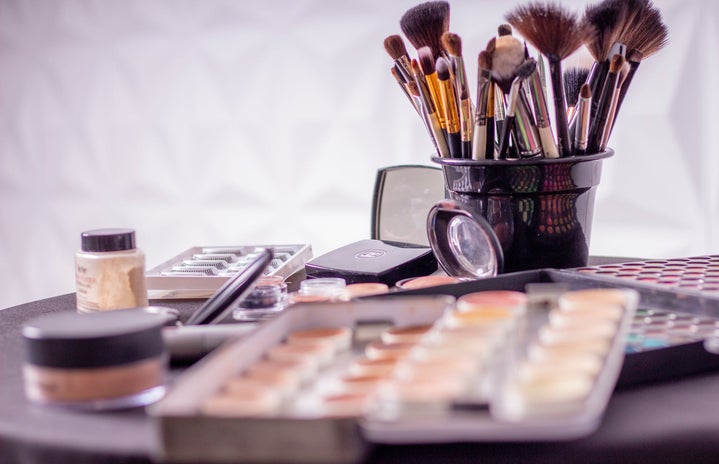During these times of uncertainty, we sometimes forget about other things happening in the world. While this is totally valid, this week I’d like to give a little break from the coronavirus content and provide an update on something that has been an issue for almost one hundred years: the testing of cosmetic products on animals.
In 1938, the United States Food, Drug & Cosmetic Act was signed into law. This act required verification of the safety of cosmetic products, which gave a reason for companies to test their products on animals. There weren’t any substantial efforts to reduce animal testing until 1980, when an animal rights advocate, Henry Spira, launched a successful campaign to encourage Revlon to stop using a eye and skin irritancy test that caused an enormous amount of pain for animals.
Since then, but most prominently in the 21st century, there has been a substantial effort to limit, and ideally eliminate, the testing of cosmetic products on animals. Recently, Israel, India, and the European Union have all prohibited the sale of cosmetic and cosmetic ingredients that were tested on animals. This is a huge win for the fight to end testing on animals because many makeup companies sell– or sold– to retailers in these countries. Because of this, companies may have to abandon testing on animals altogether in order to be able to sell to these major markets. However, in the United States, there hasn’t been a ban put in place by the federal government.
Recent technological developments have given companies alternatives to testing on animals. 3D tissue structures made from human cells meant to mimic the cornea have been used to test eye products. Human skin cultures can also be developed and used for skin irritation testing. These are just a few of many alternative testing methods that companies can use to test their products. And not only are these methods less cruel toward animals, but they are much more effective at testing cosmetic products.
There is still a long way to go in the fight to stop the testing of cosmetic products on animals, but there has been much progress made as of late. If this is a cause you believe in, you can do your part by doing research on cosmetic products before you purchase them. Companies are typically transparent about whether or not they test their products on animals, so that kind of information is usually easy to find. It may seem difficult to stop a company from continuing with these practices but little things like not buying products from companies that test on animals are small, yet impactful steps in the right direction.


